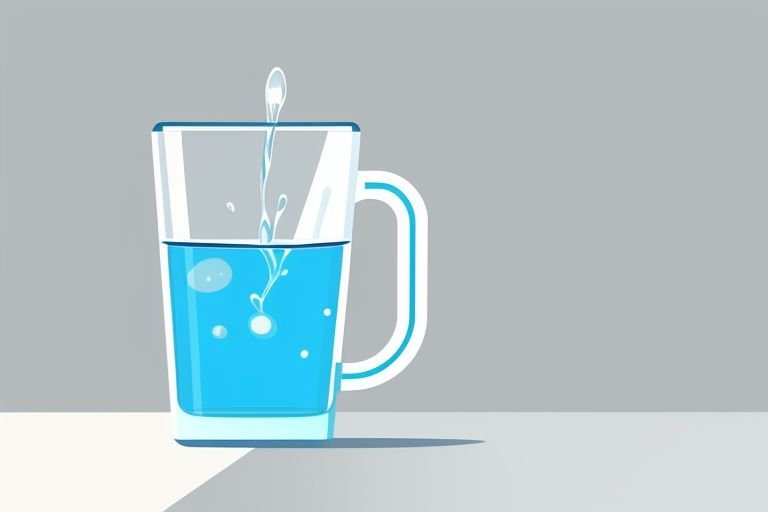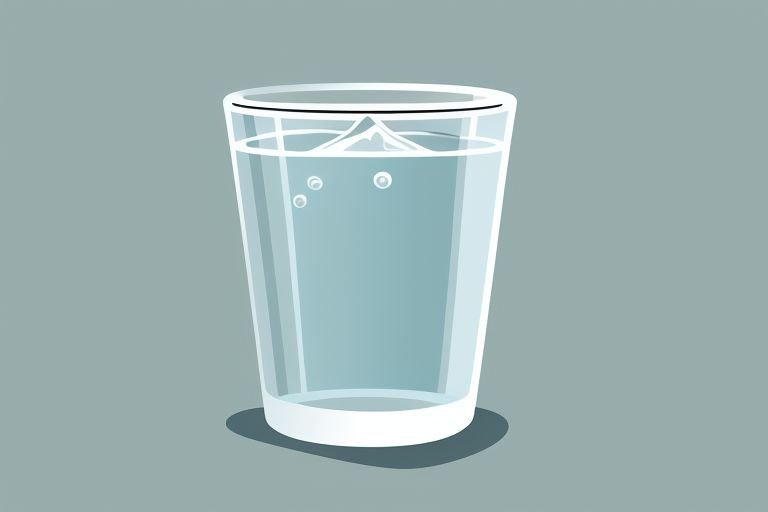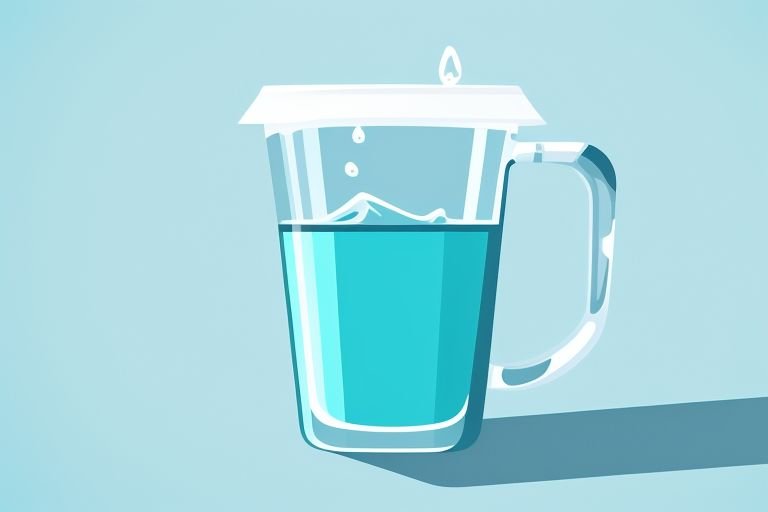Thirst nonstop? Your body’s message unveiled!
If you’re always thirsty, your body might be signaling something serious

Thirst is a common sensation often eased by a simple drink of water. However, some individuals find themselves constantly reaching for their water glasses without relief. If persistent thirst persists even after ample hydration, it could be a crucial signal from your body, thus, indicating potential health issues. So, let’s explore this alarming phenomenon.
Ordinary physiological thirst vs. Pathological thirst
Physiological thirst, stemming from factors like inadequate water intake, salty foods, dry foods, or aging-related gland atrophy, can generally be alleviated by drinking water. However, when persistent thirst persists beyond these normal conditions, it’s essential to remain vigilant for signs of pathological thirst.
Common conditions leading to persistent thirst

- Colds
- Dry mouth during a cold can be relieved after the cold is cured.
2. Sleep apnea syndrome, fever and diarrhea
- Conditions such as sleep apnea, fever, and diarrhea can lead to excessive thirst.
3. Oral diseases and medication side effects
- Oral diseases, certain medications, anxiety, depression as well as insomnia may contribute to dry mouth and thirst.
Diseases that can cause unquenchable thirst

- Diabetes
- Polydipsia (excessive thirst) and polyuria (increased urination) are common symptoms of diabetes.
2. Diabetes insipidus
- Characterized by severe dry mouth, polydipsia, and polyuria. Also, it requires attention to urinary specific gravity.
3. Sjögren’s syndrome
- An autoimmune disorder leading to dry mouth. In addition, comprehensive examination by rheumatology and immunology specialists is recommended.
4. Hyperparathyroidism
- Parathyroid dysfunction can cause elevated blood calcium levels, thus, leading to thirst, polyuria, and other symptoms.
5. Brain damage
- Thirst can be a sign of brain damage, especially if it follows a head injury; Hence, prompt medical attention is crucial.
6. Anemia
- Persistent or sudden blood loss, such as in heavy menstrual bleeding, can trigger extreme thirst.
7. Low blood pressure
- Constant stress can lead to low blood pressure, then causing extreme thirst. So, managing stress becomes essential.
Conclusion

Remaining attentive to these signals from your body is crucial. So, if persistent thirst accompanies other concerning symptoms, seeking medical advice promptly is advisable to ensure early detection and intervention.
Leave a Reply